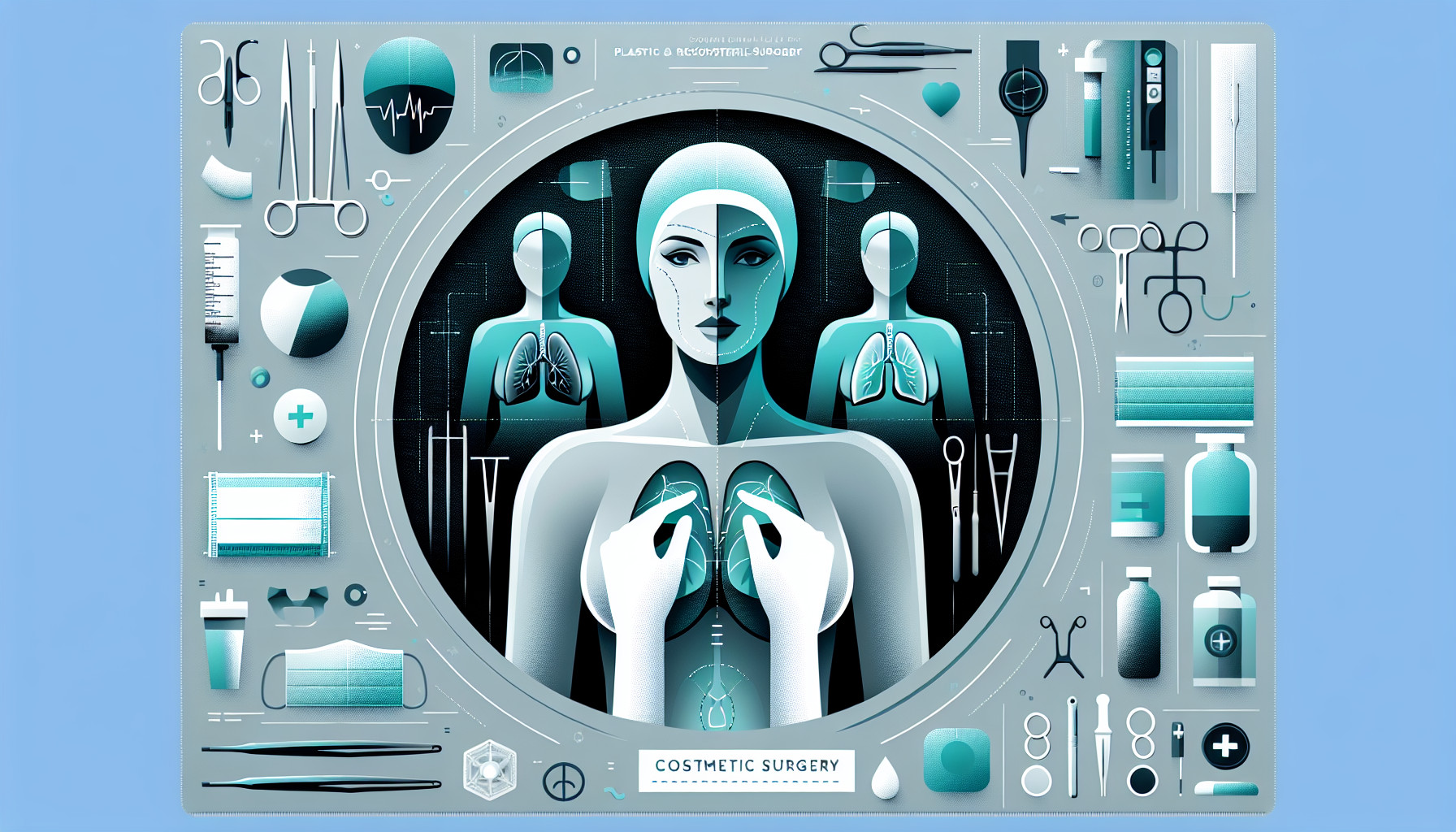Our Summary
This study looked at what female college students in South Korea think about cosmetic surgery and its side effects. The researchers talked to 28 students over a period of four months, starting in October 2019. All of the students were women who had not had cosmetic surgery.
They found 4 main categories and 13 sub-categories from the discussions with the students. These categories were: how the students felt about the side effects of cosmetic surgery, why they would consider having cosmetic surgery, what they thought their own experience with cosmetic surgery might be like, and what they feel they would need to know or consider before deciding to have cosmetic surgery.
The researchers believe the results of this study could be helpful for surgeons to make cosmetic surgeries safer. They suggest that if patients are given enough time to think about the surgery and are educated about it beforehand, it could lead to fewer complaints and make cosmetic surgery safer overall.
FAQs
- What were the four categories of perception related to cosmetic surgery and its side effects, as identified in the study?
- How can the results of this study be used by surgeons in the field of cosmetic surgery?
- How can patient complaints be minimized before and after cosmetic surgery, according to the study?
Doctor’s Tip
One helpful tip a doctor might tell a patient about cosmetic surgery is to thoroughly research and choose a qualified and experienced surgeon. It is important to ensure that the surgeon is board-certified and has a good reputation in performing the specific procedure the patient is interested in. Additionally, the doctor may advise the patient to have realistic expectations about the outcome of the surgery and to understand the potential risks and side effects involved. It is also important for the patient to have a thorough consultation with the surgeon to discuss their goals, concerns, and any questions they may have before making a decision about undergoing cosmetic surgery.
Suitable For
In general, patients who are typically recommended cosmetic surgery are those who have realistic expectations and goals for the procedure, are in good overall health, and have a stable mental and emotional state. Common reasons for seeking cosmetic surgery include improving physical appearance, correcting a perceived flaw or imperfection, enhancing self-confidence, and addressing signs of aging. It is important for patients to have a thorough consultation with a qualified plastic surgeon to discuss their goals, expectations, and any potential risks or side effects associated with the procedure. Ultimately, the decision to undergo cosmetic surgery should be a personal one made after careful consideration and thorough research.
Timeline
Before cosmetic surgery:
- Patient considers reasons for wanting cosmetic surgery
- Patient researches different procedures and potential surgeons
- Patient schedules consultation with a surgeon
- Patient discusses goals and expectations with surgeon
- Patient undergoes pre-operative evaluation and preparation
- Patient schedules surgery date
After cosmetic surgery:
- Patient undergoes surgery and recovery period
- Patient experiences post-operative pain and discomfort
- Patient follows post-operative care instructions provided by surgeon
- Patient attends follow-up appointments with surgeon
- Patient sees gradual improvement in appearance over time
- Patient adjusts to and enjoys their new look
- Patient may experience emotional and psychological changes as a result of the surgery
- Patient may receive compliments or feedback from others
- Patient maintains proper care and maintenance of surgical results to ensure long-lasting effects
What to Ask Your Doctor
- What are the potential risks and side effects of the cosmetic surgery procedure I am considering?
- What qualifications and experience do you have in performing this specific cosmetic surgery procedure?
- What type of anesthesia will be used during the procedure and what are the potential risks associated with it?
- Will there be scarring after the surgery and how can it be minimized?
- What is the recovery process like and how long will it take for me to fully recover?
- What are the realistic expectations I should have in terms of the results of the procedure?
- Are there any alternative treatments or procedures that could achieve similar results?
- Can you provide before and after photos of previous patients who have undergone the same procedure?
- What is the cost of the procedure and are there any additional fees that I should be aware of?
- What post-operative care will be required and what follow-up appointments will I need to attend?
Reference
Authors: Cho Chung HI, Kim YA. Journal: Medicine (Baltimore). 2022 Jan 21;101(3):e28641. doi: 10.1097/MD.0000000000028641. PMID: 35060551
